Humans have five senses to help us navigate the world around us: sight, hearing, taste, touch, and smell.
While plenty of humans adapt to living without one or more of these senses, we do rely on them to communicate important information that helps keep us safe — like the smell of smoke.
However, sometimes our senses aren't quite as reliable as we might like them to be, or the environment plays tricks on us. This happens when people experiences mirages in the desert.
At least mirages can be blamed on an optical illusion. On the other hand, hallucinations are entirely imagined or, rather, the perception of something that isn't present.
Of course, most people associate hallucinations with sight — when people see things that aren't actually there. But there is another type of hallucination that people are less familiar with that's even more common — an olfactory hallucination that impacts your sense of smell.
Thumbnail Photo: Wikimedia Commons
What Exactly Is An Olfactory Hallucination?

An olfactory hallucination is when you imagine a smell that really isn't there.
If we want to get more technical, the Mayo Clinic calls the condition phantosmia, describing an occasion when a person smells something that is not in the environment.
They are very common and often nothing to worry about, but, in some situations, they can indicate crossed wires in your brain.
Facts To Know About Olfactory Hallucinations 1. The Smell Can't Be Explained
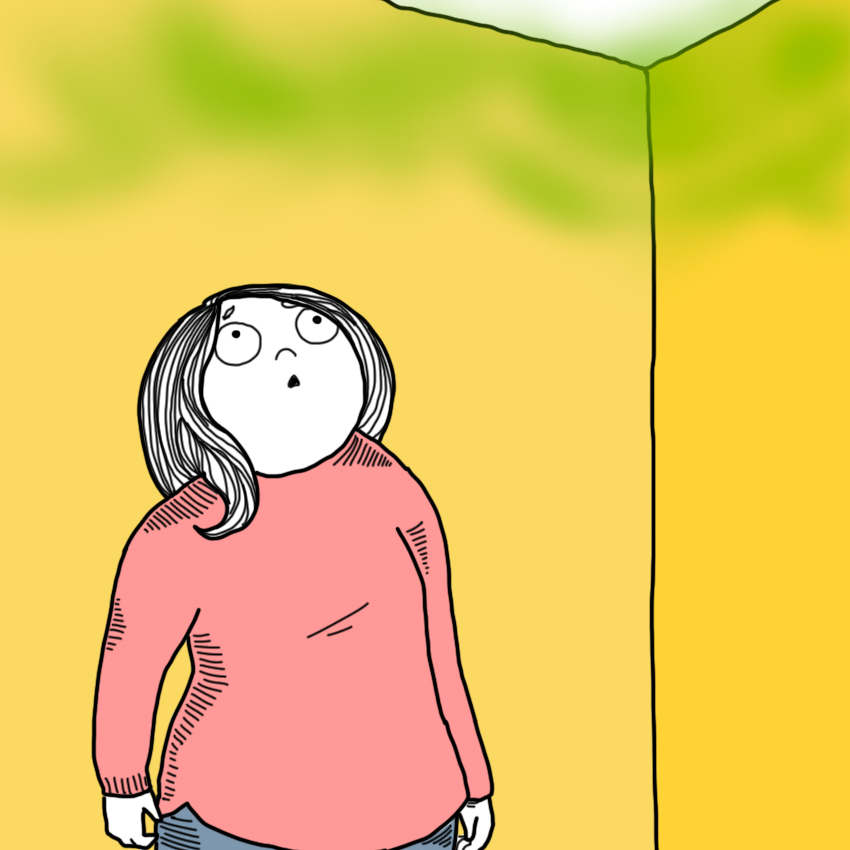
The first step to figuring out whether you're having an olfactory hallucination is to identify a source for the smell.
For example, you may smell pizza and wonder where the smell came from, only to find out your husband put a leftover box in the fridge.
However, if you smell something out of the ordinary and can't track down an origin, it might be a case of phantosmia.
2. The Smell Can Be Either Pleasant Or Foul
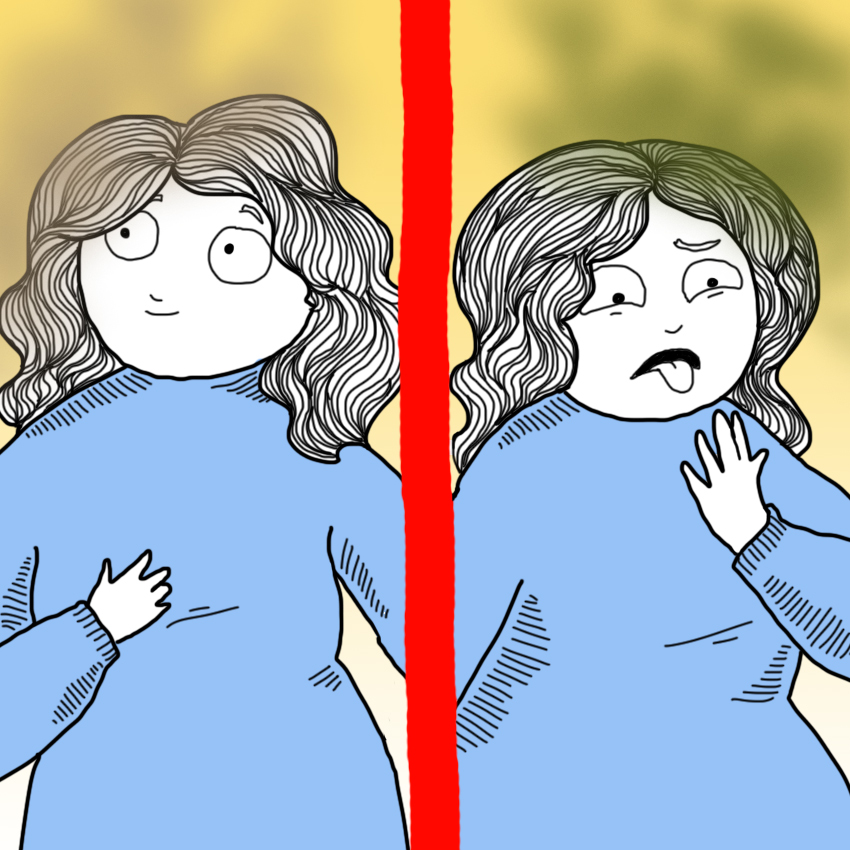
There aren't any smells specifically associated with an olfactory hallucination. The only criteria is that the smell is not actually present.
If you're lucky, you might smell a bed of roses. According to the Mayo Clinic, these hallucinations can be either foul or pleasant, so you could also smell something like week-old-garbage.
Many people may also smell a smoky odor.
3. It May Linger Or Go In And Out

These phantom smells don't follow a strict timeline.
In some cases, according to Oxford Academic, an olfactory hallucination may only last a few seconds.
However, cases of phantosmia often come and go, with odors flickering in and out.
4. It Might Be Caused By Temporal Lobe Seizures
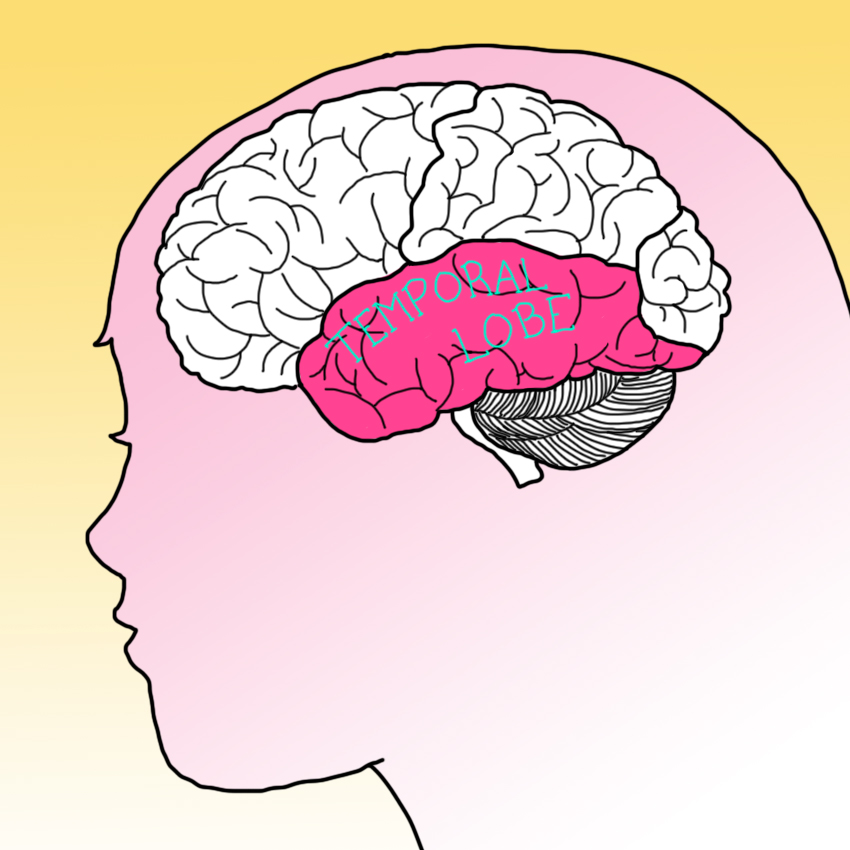
Our olfactory nerve is located in the temporal lobe of our brains, which is in charge of processing sensory information.
Members of the Epilepsy Foundation explain that they often experience phantom smells in conjunction with a seizure.
This is particularly true when the seizure affects the temporal lobe: the control center for your sense of smell. In other words, the interruption has caused a hiccup for your sense of smell that causes it not to work properly.
5. It Can Be Caused By Inflamed Sinuses
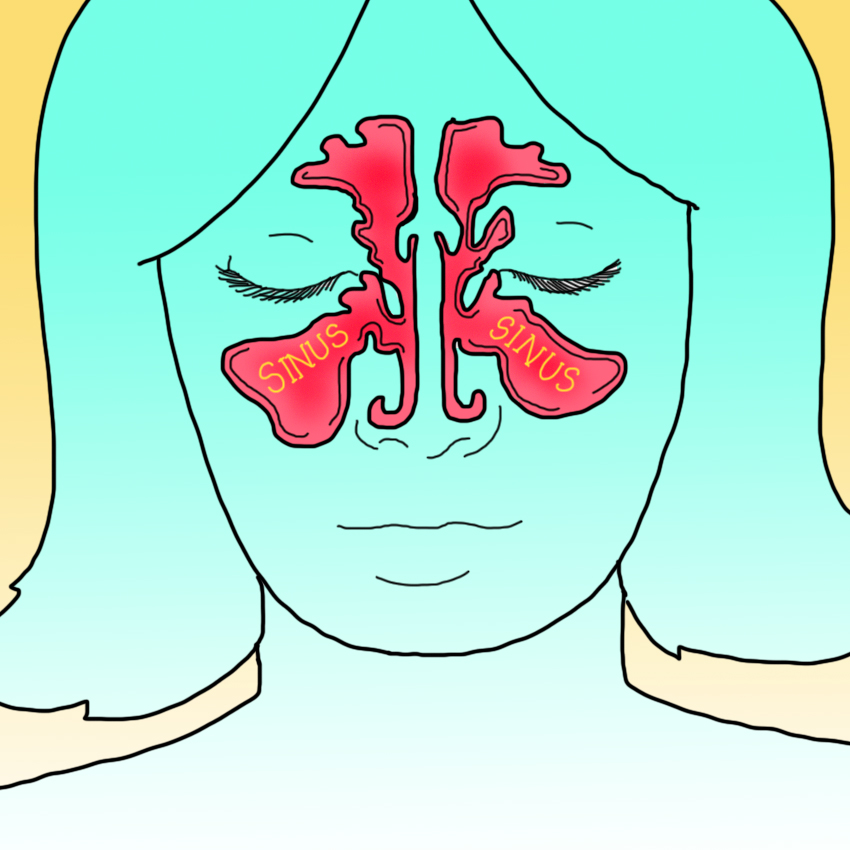
Since the smell you're smelling isn't actually there, the answer is always something going on inside your body.
The Mayo Clinic explains that something like inflamed sinuses or a sinus infection can interfere with our ability to smell properly.
In the case of an olfactory hallucination, this can also mean creating smells that aren't present.
6. It May Occur After A Head Injury

The reason why you may experience phantom smells following a head injury is similar to why they're linked with temporal lobe seizures.
If your injury impacted your olfactory structures, you can bet that they will probably not be in tip-top shape.
Your olfactory nerve receives — and more or less decodes — smell molecules, according to the US National Library of Medicine. A head injury to that area can hinder the system's effectiveness.
7. It May Follow An Upper Respiratory Infection
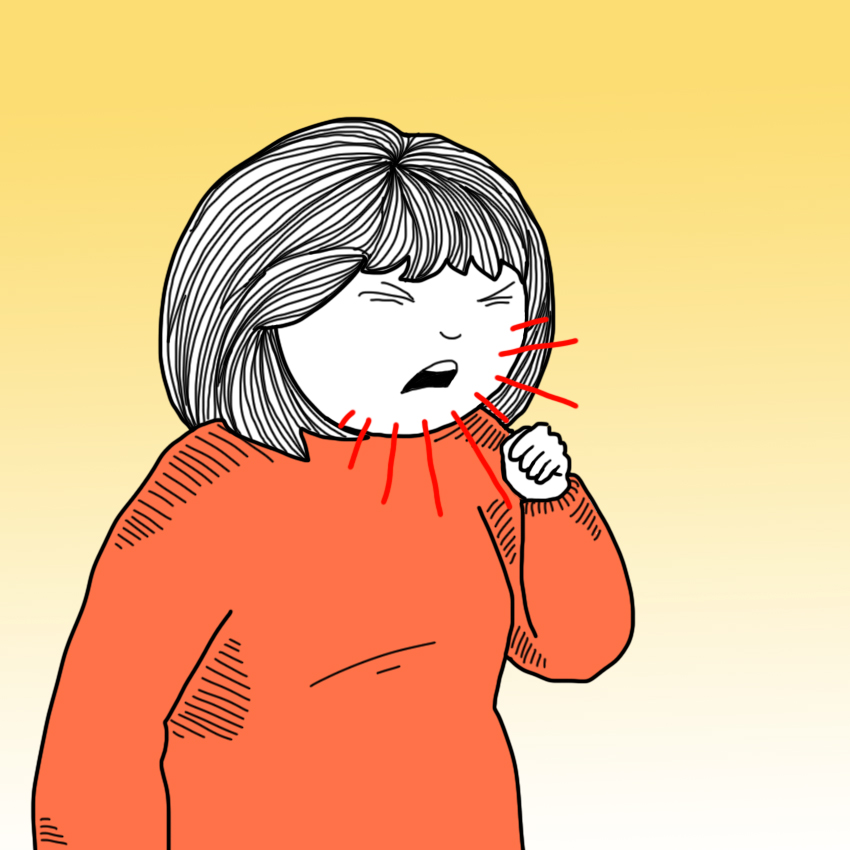
Our ability to smell and taste are all interconnected with our respiratory system.
An upper respiratory infection or chest cold can taint the otherwise closed system, causing you to smell things that aren't really there.
Be sure to SHARE this information with your loved ones on Facebook!




